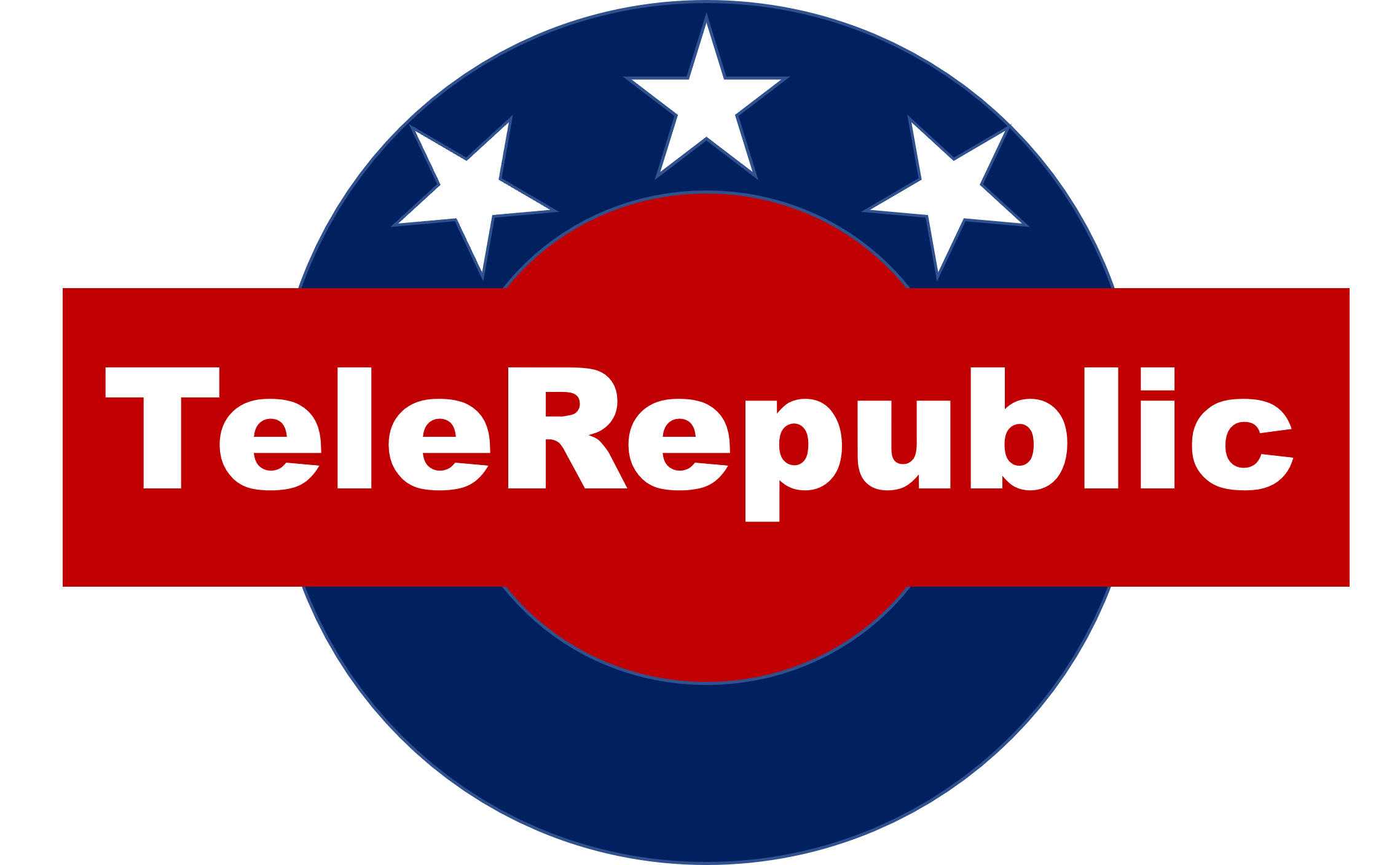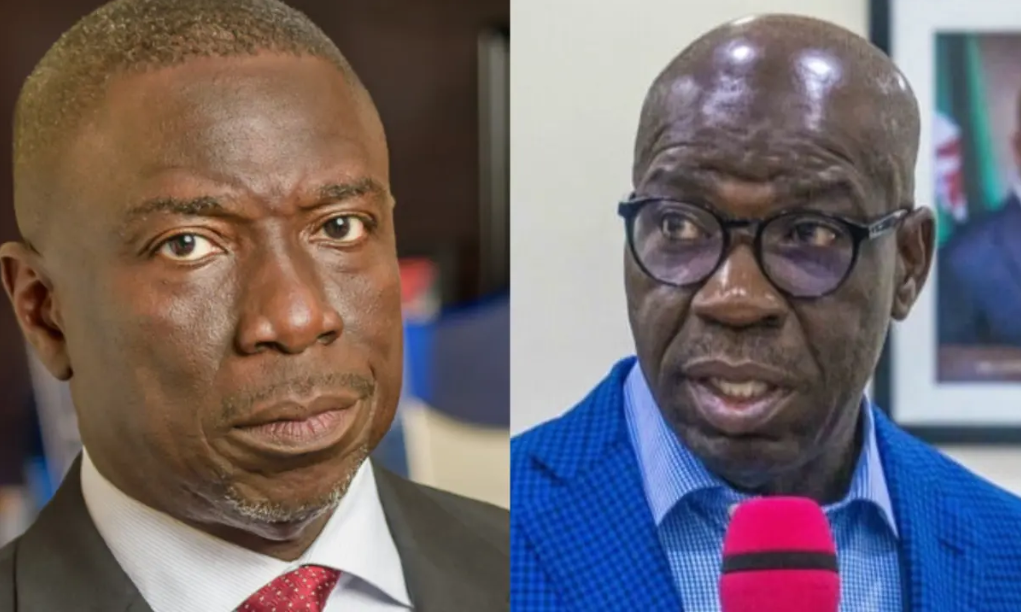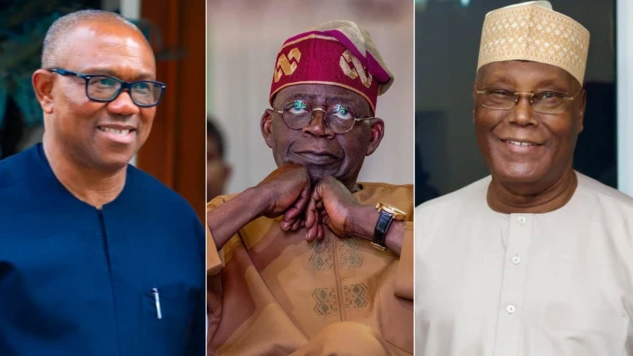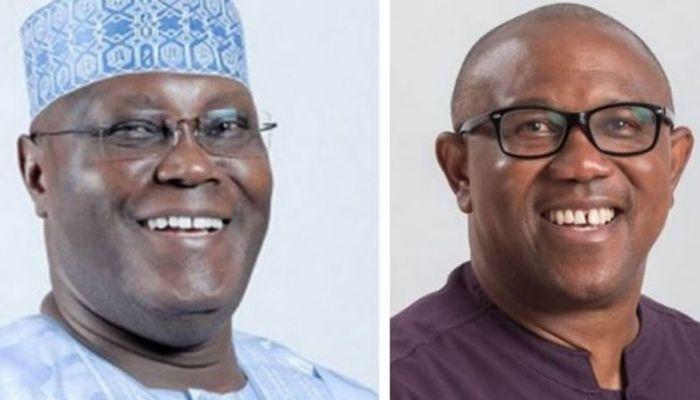Electing Asue Ighodalo as the next governor of Edo State is not just a gamble; it is a perilous move that threatens to plunge the state further into mismanagement, corruption, and political betrayal. The tragic failures of Governor Godwin Obaseki’s administration provide a stark warning of the dangers that lie ahead should his protégé and godson, Ighodalo, ascend to power. Ighodalo’s potential governance, mirroring Obaseki’s failures, is a recipe for continued mismanagement, economic decline, and political subterfuge.
Obaseki’s Catastrophic Tenure
Governor Godwin Obaseki’s administration has been nothing short of a disaster. Under his watch, Edo State has accumulated a staggering debt exceeding 600 billion Naira. The state’s infrastructure is in shambles, with dilapidated roads and a blatant lack of development. Obaseki’s response has been to deflect blame onto the federal government, plastering billboards across Edo State to shirk responsibility. His eight-year tenure has left the state in economic ruin, with little to show but broken promises and excuses.
Ighodalo: A Mere Extension of Obaseki’s Failures
The candidacy of Asue Ighodalo, a close ally, protégé and godson of Obaseki, signals a continuation of these catastrophic policies. Ighodalo’s long-standing association with the Edo Economic Team, dating back to the era of Adams Oshiomhole and perpetuated under Obaseki, reveals a shared governance philosophy that has consistently failed the people of Edo State. Electing Ighodalo is tantamount to endorsing another term of the same mismanagement and ineptitude that has characterized Obaseki’s administration, and left Edo State in tatters.
Political Betrayal and Misaligned Priorities
Ighodalo’s recent statements reveal his true priorities. In a X (formerly Twitter) space, he praised Tinubu for excessively taxing Lagos residents and promised to replicate this draconian tax policy in Edo State under the guise of Internally Generated Revenue (IGR). His promise to impose similarly oppressive taxes on Edo citizens highlights his disregard for the economic well-being of the populace. This approach will only serve to stifle economic growth and place an undue burden on the people.
Furthermore, Ighodalo’s commitment to the PDP’s presidential ambitions over the aspirations of the Obidients—a movement supporting Peter Obi of the Labour Party—betrays the trust and loyalty of the Edo electorate. The Obidients, who have demonstrated unwavering support for Peter Obi, argue that any genuine member of their community should back Obi’s vision. Ighodalo’s willingness to prioritize PDP’s presidential candidate in 2027 over Obi’s candidacy is a clear indication of his misplaced loyalties and political opportunism.
Obaseki’s Reluctance: A Damning Indictment
Even within the PDP, there is a palpable reluctance to embrace Ighodalo’s candidacy. Prominent APC chieftain, Osagie Ize-Iyamu, has publicly criticized Governor Obaseki for not campaigning with Ighodalo, citing the governor’s non-performance and the detrimental impact his support would have on Ighodalo’s campaign. This reluctance from Obaseki himself is a damning indictment of Ighodalo’s suitability for the role of governor.
A Beacon of Hope: Olumide Akpata
In contrast, Olumide Akpata of the Labour Party represents a beacon of hope for Edo State. Drawing inspiration from Governor Alex Otti’s successful governance in Abia State, Akpata promises a new era of accountability, transparency, and genuine development. His vision and commitment align with the aspirations of the Edo people for a government that truly serves their interests.
Conclusion
The election of Asue Ighodalo as the next governor of Edo State poses a grave threat to the state’s future. His close association with Governor Obaseki’s catastrophic tenure, his draconian economic policies, and his misplaced political priorities make him a perilous choice for Edo State. The people of Edo deserve better; they deserve a leader like Olumide Akpata who is committed to genuine progress and the well-being of the populace. Electing Ighodalo would be a grievous error, one that Edo State cannot afford to make.





Olu D the people’s choice